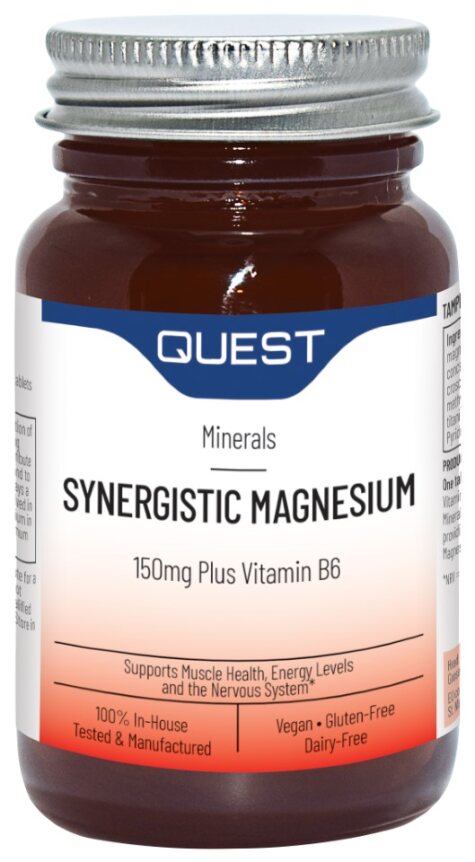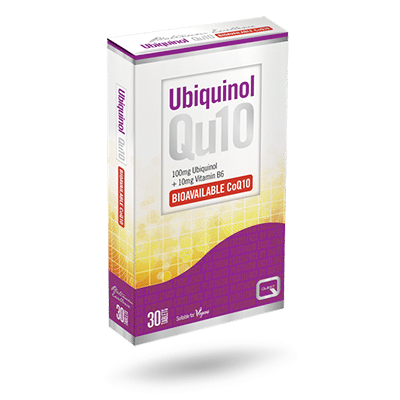10 ways to give your heart some TLC this Valentines
Your heart is the centre of your cardiovascular system and one of the most precious organs due to its many roles – from transporting oxygen around your body, to the support of your immune system. The foods you eat and the amount of activity you do can dramatically affect your heart health, so how can we show this organ some love?
1. Treat yourself to some chocolate
Yes, you read that right…. a little bit of dark chocolate (one to two squares a day) may help lower blood pressure, and therefore contribute to a healthy heart. Go for quality (dark) chocolate (60-70 per cent cocoa solid).
2. Read the labels
Scanning the shelves for your weekly shop? Make sure you check the labels. Try to avoid products with powdered, refined fructose. It was first thought that fructose could be a useful substitute for sucrose (table sugar) and might be helpful for those with diabetes, as it does not cause the release of insulin. However, because fructose does not use insulin to remove it from your bloodstream, your liver has to metabolise it on its own. Fructose triggers lipogenesis (the production of fats, e.g. cholesterol) in your liver, which can in turn lead to an increased risk of heart disease.
3. Sidestep the salt
Try to limit the amount of salt you consume. Reducing the salt in your food is a big part of having a healthy heart, as eating lots of it can contribute to high blood pressure. Try using spices for flavour instead and be aware of ‘hidden’ salt in processed foods.
4. Get moving
Lack of exercise is a key risk for heart disease in both men and women. Aim for 30 minutes of exercise a day – every effort is a step in the right direction; use the stairs, play with your children in the park, take up dancing – whatever it takes to increase your heart rate.
5. Up your fruit and veg
One of the contributing factors to heart disease is damage over time and inflammation. When the lining of the arteries becomes damaged, this is when cholesterol is deposited and a plaque starts to form. And when cholesterol itself is damaged (oxidised) and deposited, this can trigger inflammation and a build-up of immune cells too – all of which adds to the risk of the plaque rupturing and causing a clot or heart attack.
Eating plenty of antioxidant-rich foods may help protect against damage. Go for lots of bright and dark-coloured fruit vegetables, aiming for around seven servings a day, rather than just five.
6. Limit electrical devices
Stress can have a negative effect on your ticker, so make sure you take the time to relax… without staring at the TV screen. Even though you may use electrical devises as a way of relaxing, they can actually cause your body to go into a state of stress. We have all done it – come home from work and switched on the TV after a stressful day, or browsed the internet on our smart phones before sleeping. Our nerves are not able to relax when we have the constant light in our vision. Switch off all electrical devises when trying to relax, especially 30 minutes before bed, to help you get a good sleep.
7. Laugh out loud
Don’t just LOL in your Facebook posts and texts. Have a real chuckle as laughing can be good for your heart. This is because it can lower stress hormones, decrease inflammation in your arteries, and raise your levels of high-density lipoprotein (HLD), known as “good cholesterol.”
8. Sleep your way to better heart health
Tempted to have a late night or a mammoth of a lie in? Think of how comfortable you’ll be curled up in your duvet for a decent amount of snoozing time, which can help limit the amount of calcium in your arteries (an early sign of heart disease).
Magnesium is known as ‘nature’s tranquilliser’ and has a calming relaxing effect on the body. It is particularly helpful if your sleep is being disturbed by cramps, as it is a muscle relaxant. Try to include magnesium rich foods into your diet, such as leafy greens. To make sure you’re getting your daily dose of magnesium try our Synergistic Magnesium.
9. Start your day with a bowl of porridge
If you have high cholesterol, it’s important to include soluble fibre in your diet. This special fibre, binds to harmful LDL cholesterol and bile acids in the digestive tract. This means that cholesterol is eliminated from the body, rather than absorbed into the blood stream. Top sources of soluble fibre include oats, oat bran, beans, lentils, sweet potato, almonds, apples and flax seeds.
10. Add in Co Q10
Coenzyme Q10 (or Co Q10) is a vitamin-like substance that has two main crucial roles in our cells it helps to release energy and acts as a powerful antioxidant. We need lots of Co Q10 for the heart muscle, just to allow it to keep beating! We make Co Q10 in our body, but its production may decline as we age, and may also be lower in the case of some chronic illnesses such as heart disease. This is why taking a Coenzyme Q10 supplement may be beneficial for heart health. Try our Ubiquinol Qu10. Ubiquinol is a specific form of coenzyme Q10 that is said to be more effective than the standard ubiquinone form.



